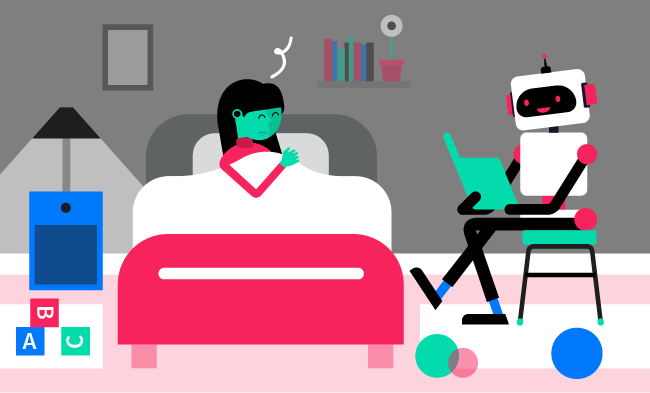A Bookish Habit.
I love spoken radio. Its beauty is the ongoing discussion. Sometimes it follows a news story, at other times it’s gentle meanderings through a subject of interest, with features or perhaps a radio documentary on current issues. At it’s best, it’s grazing for the mind. You might not tune in for a topic, but suddenly you’re hooked.
I also love reading and wish I had time for more of it. I’m currently reading a few different books: The Secrets of Vesuvius by children’s historical mystery author Caroline Lawrence at the request of my son, partially completed holiday reading Spain: what everyone needs to know (William Chislett), bedtime family reading Billionaire Boy (David Walliams) and – for me – The Power of Habit – second time – by Charles Duhigg.
Reading (and radio) as a healthy habit – both feel good.
A recent chance tune in had me listening to BBC Radio 4’s Morality in the 21st Century series with an episode exploring Artificial Intelligence. AI is a hotter topic than most of us realise, or perhaps want to accept. It’s all around us in ways we don’t even realise. The 40-minute programme discussed the benefits of AI. Automated tasks, supporting activities, better and more reliable medical diagnosis – some great steps forward in routine activities.
Apparently, there’s a catch. AI is based on historical data and current behaviours, so AI mirrors and grows from our current base. It builds on current systemic biases, structural inequalities and limitations. So if we’re looking to remove some of those biases, we’ve got to address the historical data and current behaviours. Whether we will is something we will be finding out over the coming years and decades as the global weight, influence and size of the players working on AI pushes and drives the introduction of AI.
There are many advantages some of which are rather dull. AI can help with domestic chores beyond shopping there’s cooking and cleaning. AI machine, you’re welcome to those. Apparently, it can also help with parenting on tasks such as homework, research and bedtime stories. (Search online – here’s 9 Google Home tips for busy parents.)
Bedtime stories? That seems to cross a line. In the UK, spending a moment with your children at the end of a busy day is a moment to pause. I’ll own up to not knowing the bedtime routines of many of my friends, let alone people around the world. A quick online search suggests a wind-down period is pretty common and desirable.

But it’s the role, not the activity that’s the point.
It’s spending some time with a growing person that also puts in place the foundations for a lifetime of curiosity and learning.
So when Morality in the 21st Century started talking about asking your smart speaker to read bedtime stories, it was a wake-up moment. Once we’re handing parenting over to AI, we’ve missed something about what we’re doing and why we’re doing it. We’ve lost something about being human.
Perhaps we’re making an unintended and unplanned step towards being Artificially Human.
Thought-provoking blog Peter. Yes I agree that AI is retrospective and that that will limit it’s applications in things that humans are good at – responding to change, asking interesting questions and (hopefully!) innovation.
This is not a robot answer.